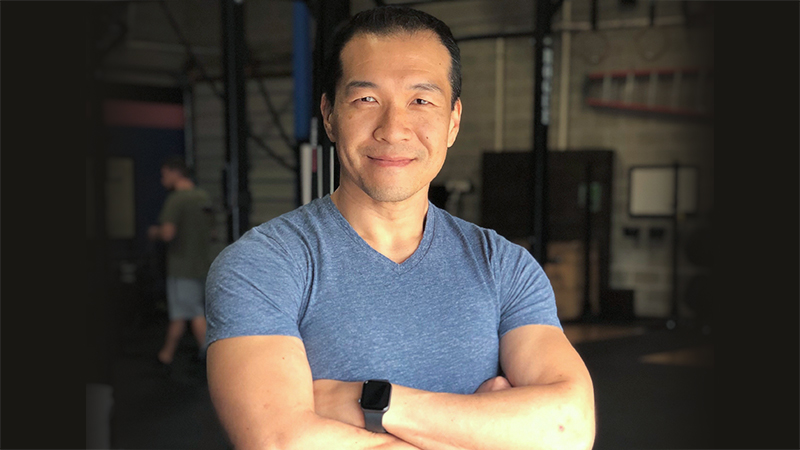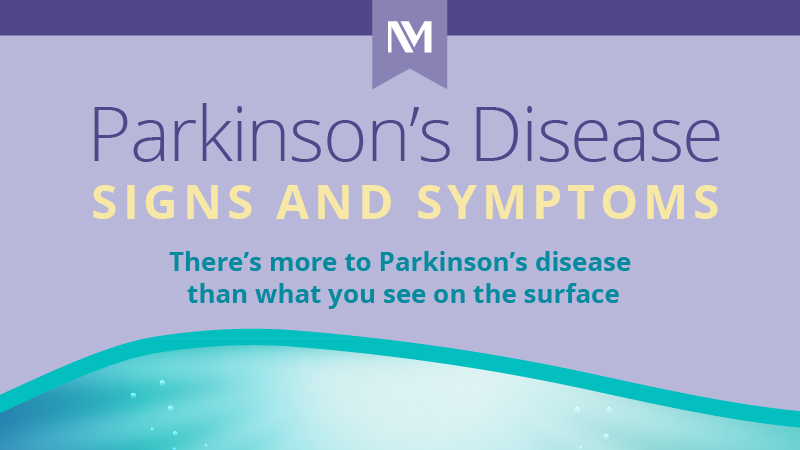Functional Movement Disorders Program at Northwestern Memorial Hospital
The Functional Movement Disorders Program in the Northwestern Medicine Parkinson’s Disease and Movement Disorders Center seeks to restore function and improve independence for patients who have disabling functional movement disorders. Our approach includes motor reprogramming strategies and pairing rehabilitation with cognitive behavioral techniques.
Functional Movement Disorders Program At Northwestern Memorial Hospital
Functional movement disorders are characterized by abnormal movements of different body parts that are not associated with structural damage to the nervous system. Individuals with functional movement disorders experience a real set of real neurological symptoms, such as weakness, numbness and other sensations, that are not dangerous or known to be caused by underlying illness or disease.
While these patients’ brain and body systems appear to be in working order based upon medical tests, they have difficulty communicating and working together. As a result, patients can experience a variety of abnormal responses:
- Tremors
- Jerks
- Abnormal gait
- Posturing of limbs
- Weakness or paralysis
- Swallowing problems
- Speech problems or vocal tics
- Sensory loss
- Pseudo-seizures
- Problems with thinking
Each patient’s experience is unique. That’s why it’s important to receive care from a trained team of multidisciplinary professionals who can address the wide range of symptoms through an individualized treatment plan that helps patients regain independence as quickly as possible.
To learn more, or to make an appointment call 312.695.7950. TTY 711.
Meet the Team

The Functional Movement Disorders Program in the Northwestern Medicine Parkinson’s Disease and Movement Disorders Center is one of the few programs in the country that features active collaboration among many interdisciplinary specialists, including neurology, psychology, behavioral medicine and physical therapy.
Meet the Downtown Chicago Functional Movement Disorders Team
Motor Retraining and Pain Management
The treatment for functional neurological disorder is aimed at restoring function and physical activities. This involves a treatment plan that often combines:
- Cognitive-behavioral therapy
- Relaxation training
- Behavioral activation
Over the course of therapy, the treatment plan will be tailored to meet your needs and abilities. Treatment in the rehabilitation facility focuses on restoring independence, helping you learn to complete activities of daily living, such as:
- Attend school
- Participate in sports or activities
- Socialize with others
- Take care of your body
During the course of treatment, you may experience increased pain or discomfort. Our medical team is trained to monitor and assess pain, and will recommend appropriate pain control therapies for you. You will receive a detailed home exercise plan to maintain your progress. We may also encourage you to continue outpatient psychiatry and/or psychology services for continued practice of skills acquired in therapy.
With proper treatment, it may be possible to restore normal neurological functioning. In fact, the majority of patients who complete this program can obtain significant improvement in their physical functioning.
Why Choose Northwestern Medicine
Northwestern Medicine is anchored by Northwestern Memorial Hospital, the only Illinois hospital on the national Honor Roll for 14 straight years.
Research and Clinical Trials
When treatment options are limited, our experienced team is often able to offer innovative therapies and novel treatments through a wide variety of clinical trials. Physician-scientists at Northwestern Medicine conduct clinical research trials on all aspects of neuromuscular diseases.
Learn More about the Department of Neurology at Northwestern University Feinberg School of Medicine.



